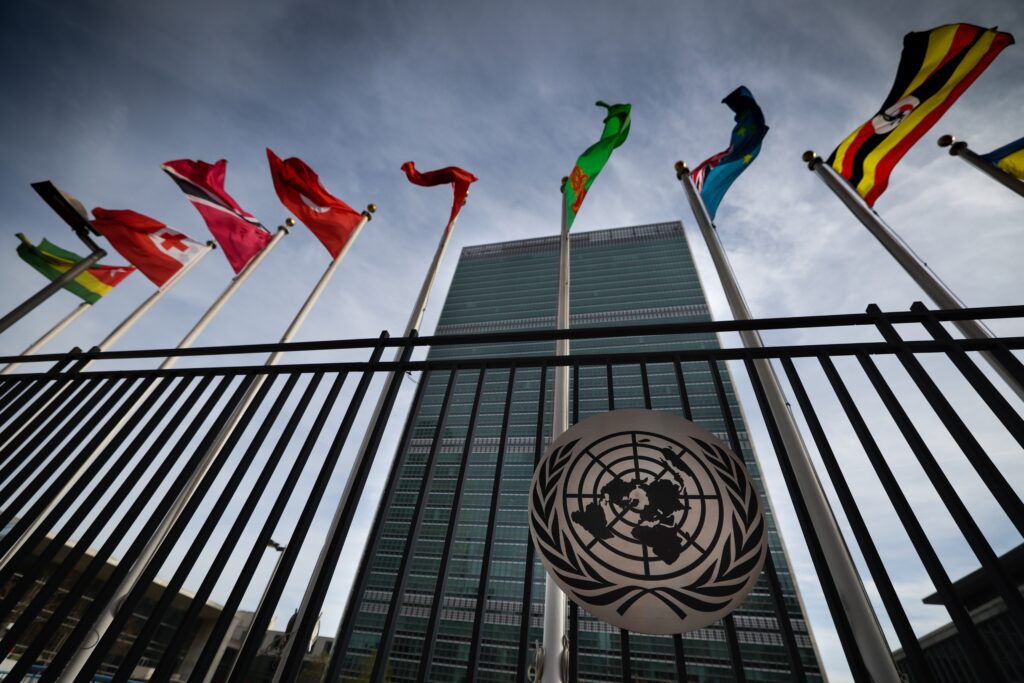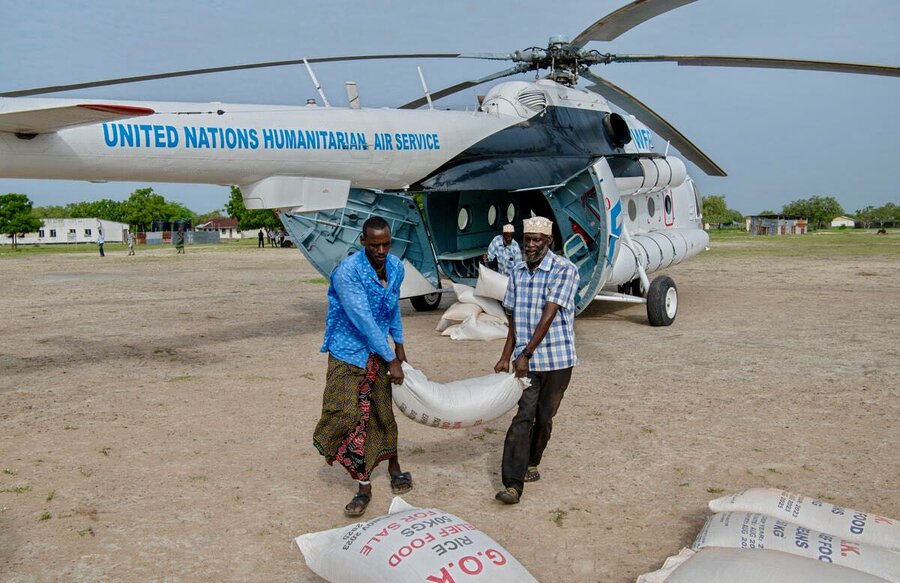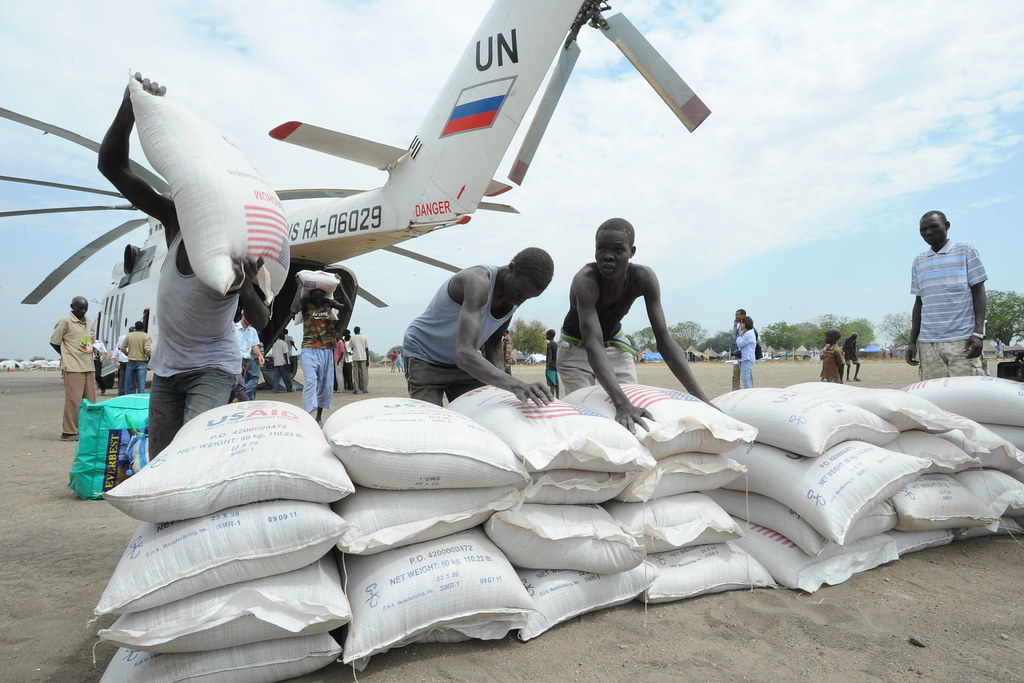This week, Karim Khan, former Assistant Secretary-General of the United Nations and Chief Prosecutor of the International Criminal Court (ICC), announced that he would apply for arrest warrants for three leaders of Hamas, as well as Israeli Prime Minister Benjamin Netanyahu and Yoav Gallant, Israeli Minister of Defense of Israel, for war crimes.
While the application is under review in the ICC’s pretrial chamber – with no timeline yet set – we wanted to provide context about the ICC so you can filter your feed with a bit more insight.
Here’s what to know.
Understanding the International Criminal Court
As we described in a related post, the International Criminal Court differs from the International Court of Justice (ICJ). The ICC is a criminal tribunal that prosecutes individuals, primarily for war crimes or crimes against humanity. The ICJ (often called the World Court) is a civil tribunal that hears disputes between countries.
Located in The Hague (Netherlands), the ICC is a relatively young institution, established through the Rome Statute and adopted by the UN Diplomatic Conference of Plenipotentiaries on the Establishment of an International Criminal Court in 1998.
Although the ICC didn’t formally enter into force until 2002, the origins of the court date to the end of World War II, when Allied powers began the Nuremberg Trials – the first international war crimes tribunal – to prosecute Nazi officials. Over the years, the UN has launched a number of ad hoc criminal tribunals, like those addressing war crimes in Yugoslavia and Rwanda. In the 1990’s, however, seeing that conflicts weren’t abating and ad hoc structures were inadequate deterrents to the atrocities of war, the ICC was born.
It’s important to remember that the ICC is not part of the United Nations. The founding treaty was negotiated by the UN, but the ICC is an independent judicial body distinct from the organization. In fact, a rather detailed agreement passed by the General Assembly outlines cooperation between the two institutions to ensure autonomy. The UN Secretary-General is required to report regularly on information relevant to the Relationship Agreement and any expenses that may be incurred by the UN in connection with assisting the ICC.
Although independent, however, Chapter VII of the UN Charter allows the UN Security Council to refer certain cases to the Prosecutor of the ICC for consideration. In turn, the ICC provides its annual “Report of the International Criminal Court to the General Assembly” through the UN Secretary-General.
Who recognizes the Court?
Currently, 124 countries are parties to the Rome Statute; the U.S. is not (more on that below). And since its founding, two countries have withdrawn. Burundi left in 2017 after the Court’s decision to investigate the government’s crackdown on opposition protests. Philippine President Rodrigo Duterte abandoned the body in 2019 after condemnation of his government’s war on drugs.
Two final points are notable. First, in 2021, ICC judges accepted Palestine as a Member, despite it not being a full voting Member at the UN. This may present some legal challenges in the context of this recent series of arrest warrants, though a growing number of UN Member States are now recognizing Palestinian statehood (Norway, Spain and the Netherlands are the latest to do so).
Secondly – and on a more practical note – membership in the ICC means that when an arrest warrant is issued, parties are obligated to apprehend and transfer defendants to The Hague for prosecution. The Court does not have a police force of its own, so Members essentially act on the Court’s behalf by cooperation between their own law enforcement agencies and the ICC.
What is the U.S. position regarding the ICC?
The U.S. is not a party to the Rome Statute, though did participate in the negotiations that led to the creation of the Court. The U.S. was one of only seven countries (including China, Iraq, Israel, Libya, Qatar and Yemen) that ultimately cast a “no” vote. In 2000, President Bill Clinton signed the Rome Statute, but opted not to submit the treaty to the Senate for ratification. Later, President George W. Bush informed the UN Secretary-General that, while the U.S. has no objections to the existence of the Court, the U.S. would not seek ratification to join its ranks.
In the following years, President Bush went on to pursue bilateral agreements with foreign governments not to surrender U.S. citizens to the ICC. This was primarily out of concern for potential prosecution of members of the U.S. military, since the U.S. was engaged in wars in Iraq and Afghanistan at that time and already had existing channels within the Department of Defense to hold soldiers accountable for any misconduct.
While the relationship between the U.S. and ICC ebbed in the early 2000’s, however, in 2011, the U.S. voted in favor of a UN Security Council referral of the situation in Libya to the ICC. Less than a decade later, U.S. Secretary of State Mike Pompeo announced that the U.S. would impose visa bans on ICC officials involved in the Court’s possible investigation of U.S. citizens for alleged crimes in Afghanistan.
Today, ties to the ICC appear to be fraying again. A majority of Members of Congress on both sides of the aisle, as well as the President and Members of the Cabinet, are generally united in their objections to the recent charges against Israeli leaders, with some suggesting action against the Court in the form of sanctions.
Who leads the Court?
The Court has eighteen judges, each from a different Member State and elected by Members to nonrenewable nine-year terms. The bench must strive for gender balance and include representatives of each of the UN’s five regions. A President and two Vice Presidents of the Court are elected from among the judges. The Prosecutor is similarly elected by Member States and serves for a nonrenewable nine-year term.
What kinds of cases does the Court hear?
The court has jurisdiction over four categories of crimes under international law:
- Genocide, or the intent to destroy in whole or in part a national, ethnic, racial or religious group
- War crimes, including grave breaches of the laws of war under the Geneva Conventions and serious violations under customary international law, such as torture, taking of hostages, willfully causing great suffering, intentionally attacking civilian populations as such, attacking undefended civilian property, schools, historic monuments, or hospitals, using starvation of civilian populations as a method of warfare or using child soldiers
- Crimes against humanity, or violations committed as part of a large-scale attack against any civilian population, including murder, rape, unjust imprisonment, slavery, persecution, torture or apartheid
- Crimes of aggression, where a political or military leader plans or executes the use of armed force by a state against the territorial integrity, sovereignty, or political independence of another state, or in any other manner inconsistent with the UN Charter
How are investigations handled?
To open an investigation, a Member State or the UN Security Council refer the case to the Office of the Prosecutor. The Prosecutor then conducts a preliminary examination to determine if the alleged crimes are of “sufficient gravity,” which generally includes sending investigators to collect evidence. Resulting arrest warrants or summons may then be recommended and referred to a group of pretrial judges. The three-judge panel decides if the case should go to trial. If the case proceeds, defendants are apprehended with support from Member States, and transferred to The Hague. Defendants are able to seek outside legal counsel, which, if necessary, is paid for by the Court. Convictions require the vote of at least two out of the three judges on the trial bench. Appeals are accepted through the ICC’s five-judge appellate bench.
How many cases has the court pursued?
To date, there have been 31 cases before the Court, with 12 resulting in acquittals and six in reparations or imprisonment. Seventeen individuals whose prosecutions are pending are still at large, and there are no statutes of limitations or amnesties for the crimes.
Why can’t individual Member States handle cases?
Ideally, they do. International law specifies a “Principle of Complementarity,” meaning the ICC must allow national legal systems to act before the Court gets involved. Thus the ICC only exercises authority when a country is unwilling or unable to investigate and prosecute crimes on their own. Think of the ICC, then, as a “court of last resort.” Moreover, even after an investigation opens, individuals and Member States can challenge a case before the Court based on the existence of national proceedings.
How does the ICC prevent politically-motivated cases?
Numerous safeguards are set out in the Rome Statute to keep politics out of the Court. Most importantly, the ICC Prosecutor cannot independently start an investigation. A referral from a Member State or the UN Security Council begins the process, after which a three-judge pretrial chamber must review and authorize an investigation.
Who pays for the Court?
This year, the ICC annual budget is roughly $187 million, coming mostly from Member States. Contributions are determined by the same method the UN uses to assess dues, which generally corresponds to the size of each Member’s economy. In 2022, the largest contributions came from Japan, Germany, France and the United Kingdom.
What do the arrest warrants related to the war in Gaza contain?
For more, read the statement released by the Office of the Prosecutor.




